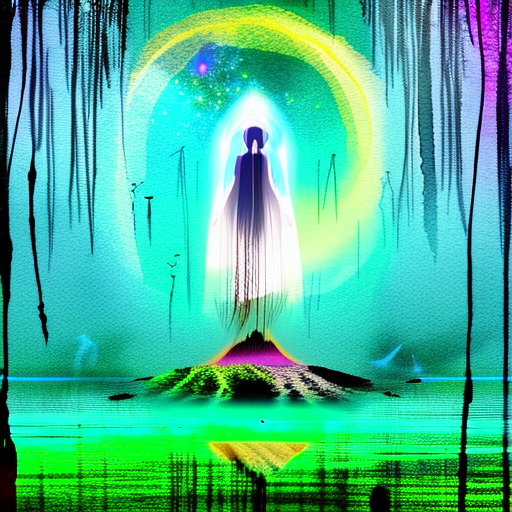One-line Summary:
The Collected Poems of W.B. Yeats is a comprehensive anthology that showcases the poetic brilliance and evolution of one of Ireland’s most celebrated literary figures.
Exploring the Themes of Love and Loss:
The Collected Poems of W.B. Yeats delves into the profound themes of love and loss, capturing the essence of human emotions through the poet’s unique and evocative style. Yeats’ exploration of love encompasses both the romantic and the spiritual, intertwining personal experiences with mythological and historical references. His poems often reflect the complexities and contradictions of love, from its intoxicating euphoria to its inevitable heartbreak.
In “When You Are Old,” Yeats contemplates the passage of time and unrequited love, urging the reader to imagine the consequences of missed opportunities. The poem serves as a poignant reminder of the fleeting nature of youth and the regret that can accompany unfulfilled desires.
A Journey Through Irish Mythology:
Yeats’ deep connection to Irish mythology is another prominent theme in his poetry. Drawing inspiration from ancient Celtic legends and folklore, he weaves tales of heroes, gods, and mythical creatures into his verses. Through these mythological references, Yeats explores the timeless themes of heroism, destiny, and the cyclical nature of life.
In “The Second Coming,” Yeats reflects on the chaos and uncertainty of his time, drawing parallels to the apocalyptic imagery of the biblical Book of Revelation. The poem’s famous lines, “Things fall apart; the centre cannot hold,” capture the sense of societal disintegration and the search for a new order, echoing the cyclical nature of history.
Political and Social Commentary:
Yeats’ poetry also serves as a platform for his political and social commentary. Living through a period of significant political upheaval in Ireland, he expresses his views on nationalism, revolution, and the struggle for independence. His poems reflect his deep concern for the fate of his country and his desire for a better future.
In “Easter, 1916,” Yeats memorializes the Irish rebels who participated in the Easter Rising, an event that marked a turning point in Ireland’s fight for independence. The poem reflects Yeats’ conflicted emotions towards the rebellion, acknowledging the sacrifice of the rebels while questioning the effectiveness of their actions.
Key Takeaways:
- Yeats’ poetry explores themes of love, loss, and the complexities of human emotions.
- His deep connection to Irish mythology adds a mythical and timeless dimension to his verses.
- Yeats uses his poetry as a platform for political and social commentary, reflecting his concerns for Ireland’s future.
- His unique style combines personal experiences with historical and mythological references, creating a rich and layered poetic tapestry.
“Being Irish, he had an abiding sense of tragedy, which sustained him through temporary periods of joy.” – W.B. Yeats
In The Collected Poems of W.B. Yeats, readers are treated to a comprehensive anthology that showcases the brilliance and evolution of one of Ireland’s most celebrated literary figures. Through his exploration of themes such as love, loss, Irish mythology, and political commentary, Yeats weaves a poetic tapestry that is both deeply personal and universally resonant. His unique style, combining personal experiences with historical and mythological references, creates a rich and layered reading experience that continues to captivate audiences. The Collected Poems of W.B. Yeats is a testament to the enduring power of poetry and the profound impact it can have on the human spirit.












